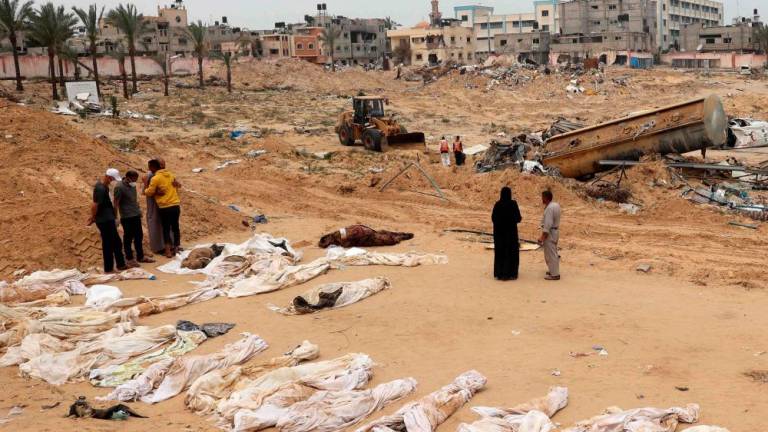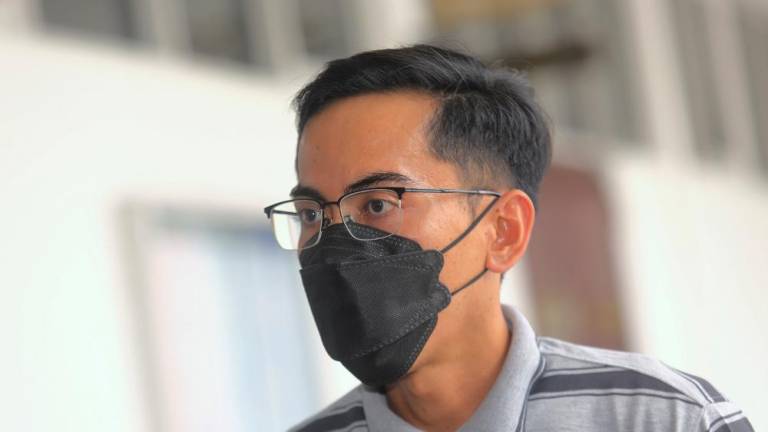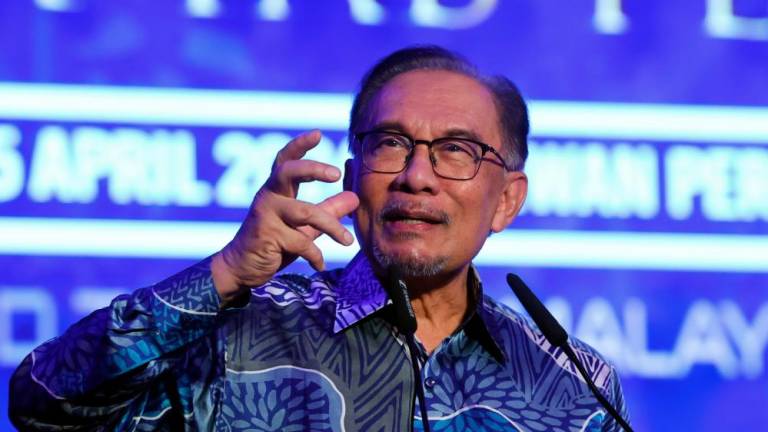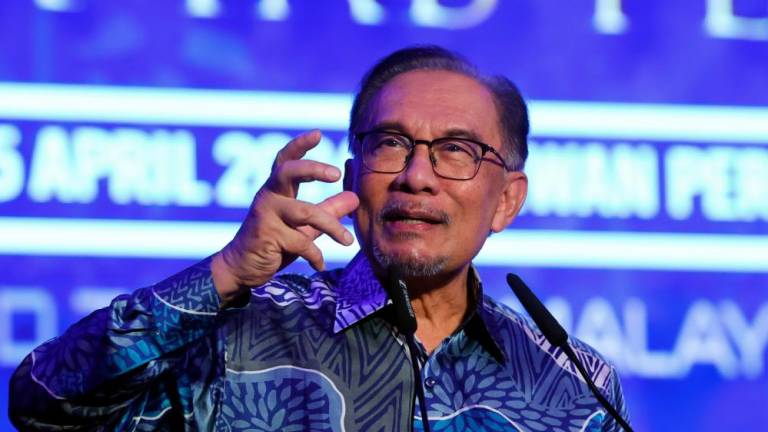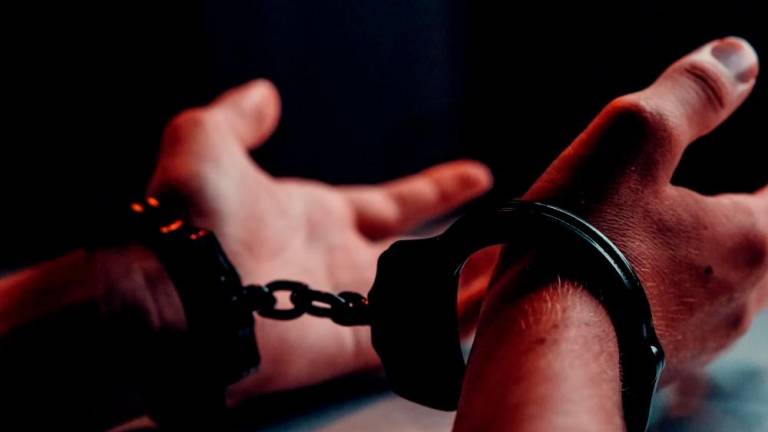IN a just society the rule of law applies to everyone irrespective of whether he is a prince or pauper, a politician or a corporate captain, an academic or a layman, rich or poor. However, a just society that abides by utopian principles of humanism, justice and fair play is a rarity if it existed at all.
Unjust societies abounded in the past and in the present world. History is replete with dictatorships, potentates and religious figures who governed based on draconian or prejudiced dictates. The people existed at their behest and many were reduced to chattels. They had no alternative recourse to justice except those meted out by these leaders. Vestiges of such societies exist today in the guise of democracy, socialism, totalitarianism and religious governance.
There are many examples of evils and atrocities perpetrated in these systems in our modern contemporary world in an open and also camouflaged manner. Open and outright belligerence are committed by countries such as Myanmar, Syria, Israel, Egypt, Saudi Arabia and Rwanda. Camouflaged atrocities are perpetrated by democracies like the United States, Britain, Australia, France and China as in the case of Muslim Uyghurs of Turkic origin.
The world is replete with the asymmetrical concept of justice and injustice with justice skewed to the interests of the powerful. For example, the United States declared the 9/11 attacks as an act of injustice but prided itself with imposing justice in the invasion of Iraq and Afghanistan killing thousands. It misrepresents justice in proposing Israel’s annexed Golan Heights to be a sovereign territory of this rogue state. It acquiesces to the blockade of Palestine as an act of justice in the interests of Israel’s security while at the same time inflicting injustice on the Palestinians.
There are other examples of asymmetrical misrepresented justice in other countries whose leaders repress the general populace or segments of it to serve their vested interests as in Myanmar, Rwanda, Syria, Cambodia and Ukraine. There is no avenue of recourse to seek justice for the common people.
Thus, to address the plight of the downtrodden, destitute and the repressed the United Nations established committees, courts and agencies to redress these repressions in the quest for a just and humane world. Among these are the International Convention on the Elimination of All Forms of Racial Discrimination (ICERD) and the Rome Statute of the International Criminal Court (ICC).
Most member states, which uphold the international principles of justice, subscribe to the initiatives of the UN for inter and intra state jurisdictions. On the other hand, those who opted not to be signatories are usually involved in internal and/or external repressive conflict as in the case of Myanmar, Israel and the United States. There are states that have not ratified the Rome Statute. Malaysia was among them.
But on March 4 the government took the initiative to ratify the Rome Statute when our foreign minister signed the instrument of accession to the ICC in the pursuit of a humane and just world. As a result of a smear campaign by the opposition who spread unfounded fear of threats to the royal institution, Malay privileges and Islam, Malaysia withdrew as a signatory to allay confusion stoked by the opposition who are actively playing the 3R card of royalty, race and religion, irrespective of its dire consequences.
It is odd that Malaysia withdrew from the ICC after ratifying it on March 4 when the country has no history of having committed genocide, crime against humanity, war crimes and crimes of aggression. Malaysia has from time immemorial been a peaceful and docile nation.
All aggressions and wars in its historical annals were external ones committed by external powers to invade and occupy this country. The Portuguese invaded Malacca and were later displaced by the Dutch and their Malay allies. The British colonisation was non-violent but had a lasting impact on the country while the Japanese occupation was definitely a war crime. The Communist insurgency was an internal threat against the state while the Indonesian Confrontation was an external aggression against the formation of Malaysia. All of these conflicts and wars were initiated by external forces against Malaysia.
In short, the DNA of this country is a peaceful one unlike those of the US, Germany, Russia, Britain, Israel and countries in the Middle East. And there is no possibility of Malaysia being involved in any of the crimes stipulated in the Rome Statute. Thus, it is perplexing for the defeated politicians and the royals to oppose the ratification of the ICC, Rome Statute. There is no logical basis to oppose it other than to gain political mileage.
It is mind boggling that some academics in cohort with politicians advised the rulers in a white paper that ratifying the Rome Statute would undermine the immunity of the Yang di-Pertuan Agong and the sultans as well as compromise Malay privileges and Islam, which parrots the unfounded sentiments against ICERD.
They distorted the facts on royal immunity. The rulers are constitutional monarchs and do not enjoy absolute immunity as an absolute monarch of yore. Immunity against civil and criminal prosecution was annulled in the 1993 Constitutional Amendment Act, which also established a special court to adjudicate misdemeanors by the royals.
Therefore, the Rome Statute will not have any impact on the position of the royals, for as constitutional monarchs they act in accordance with the advice of the government in the person of the prime minister. If at all the country enters into conflict, it will be defensive and not offensive and the government-elect and the people will be responsible and not the rulers. It is also fallacious to imply that ratifying the statute would undermine the privileges of the Malays and the position of Islam.
These unfounded fears are perpetrated by politicians to generate apprehension and tensions as part of political adventurism for political gains. Contrary to these fears, ratifying the Rome Statute would augur well for Malaysia’s international image of one that seeks a just society in words and deeds.
Mohamed Ghouse Nasuruddin is an emeritus professor at the Centre for Policy Research and International Studies, Universiti Sains Malaysia.




